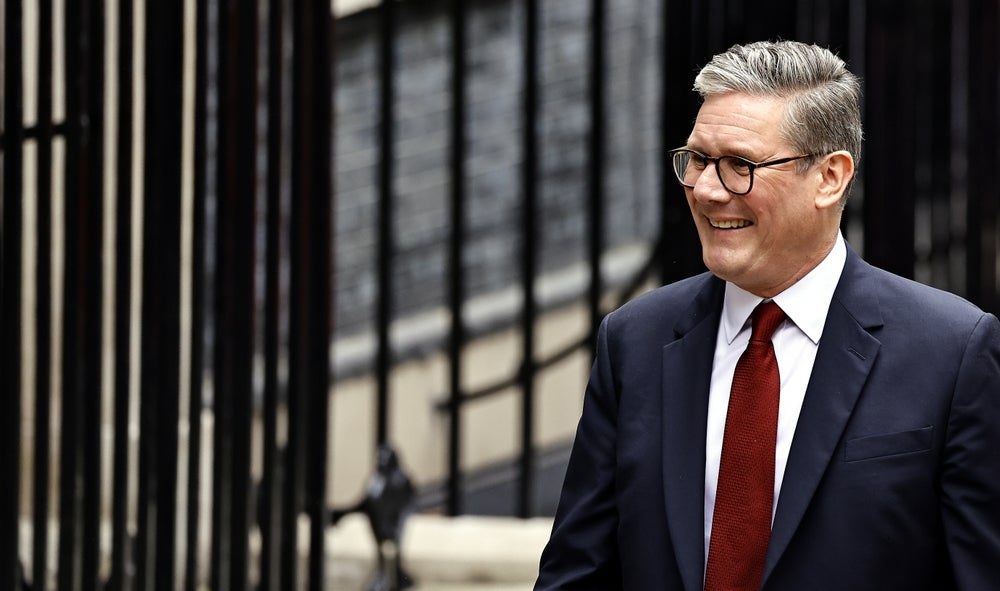
A holistic approach is needed to narrow the audit expectation gap for the benefit of public interest, according to a new report issued by the Association of Chartered Certified Accountants (ACCA), Chartered Accountants Australia and New Zealand (CA ANZ), Chartered Professional Accountants of Canada (CPA Canada) and the Canadian Auditing and Assurance Standards Board (CAASB).
The report, Closing the expectation gap in audit – the way forward on fraud and going concern: A multi-stakeholder approach, offers recommendations based on research with key players of the financial reporting ecosystem. These include financial statement preparers, auditors, regulators, boards and audit committees, and investors.
The research found that factors contributing to the expectation disparity include gaps in knowledge, performance and the evolution of audit.
To tackle fraud, a main recommendation is to encourage the involvement of forensic specialists in risk assessment where a high risk is identified, but auditors should still apply their professional judgement when determining how to respond to identified fraud risks. Participants noted that mandating the involvement of forensic specialists may widen the expectation gap, as this could lead to a ‘box-ticking’ approach.
The report concluded that it is not necessary to have a ‘suspicious mindset’ for enhanced fraud identification when planning and performing the audit; instead, ACCA, CA ANZ, AASB and CPA Canada suggested that the IAASB and national standard setters consider areas where the auditing standards could be enhanced to guide audit practitioners in the application of professional scepticism.
ACCA executive director of strategy and governance Maggie McGhee said: “Audit needs to evolve if it is to be trusted and meet demands of public interest. Fraud and going concern were top of the agenda for our roundtable participants, but also gaps around knowledge and the need for everyone in the financial reporting ecosystem to understand each other’s role. It is an interconnected system on which all players rely.”
How well do you really know your competitors?
Access the most comprehensive Company Profiles on the market, powered by GlobalData. Save hours of research. Gain competitive edge.

Thank you!
Your download email will arrive shortly
Not ready to buy yet? Download a free sample
We are confident about the unique quality of our Company Profiles. However, we want you to make the most beneficial decision for your business, so we offer a free sample that you can download by submitting the below form
By GlobalDataCAASB chair Bob Bosshard said: “As a standard-setter, we are an important part of the global financial reporting ecosystem. We are encouraged by the report’s recommendations, including ensuring the international standards on auditing are clear, supporting consistent application by practitioners. The financial statement audit and broader financial reporting are under intense scrutiny and the recommendations are therefore particularly timely given ongoing proposals for audit reform globally.”






